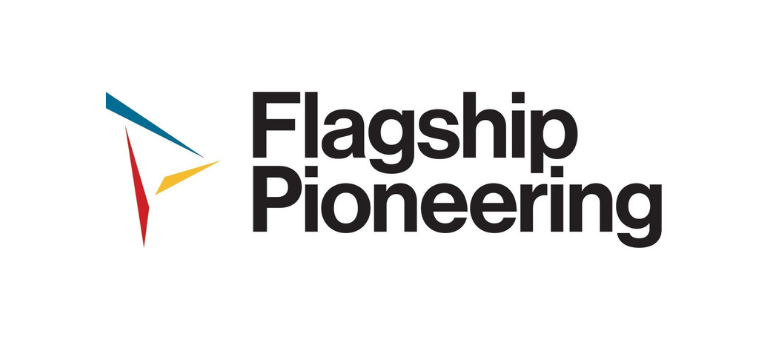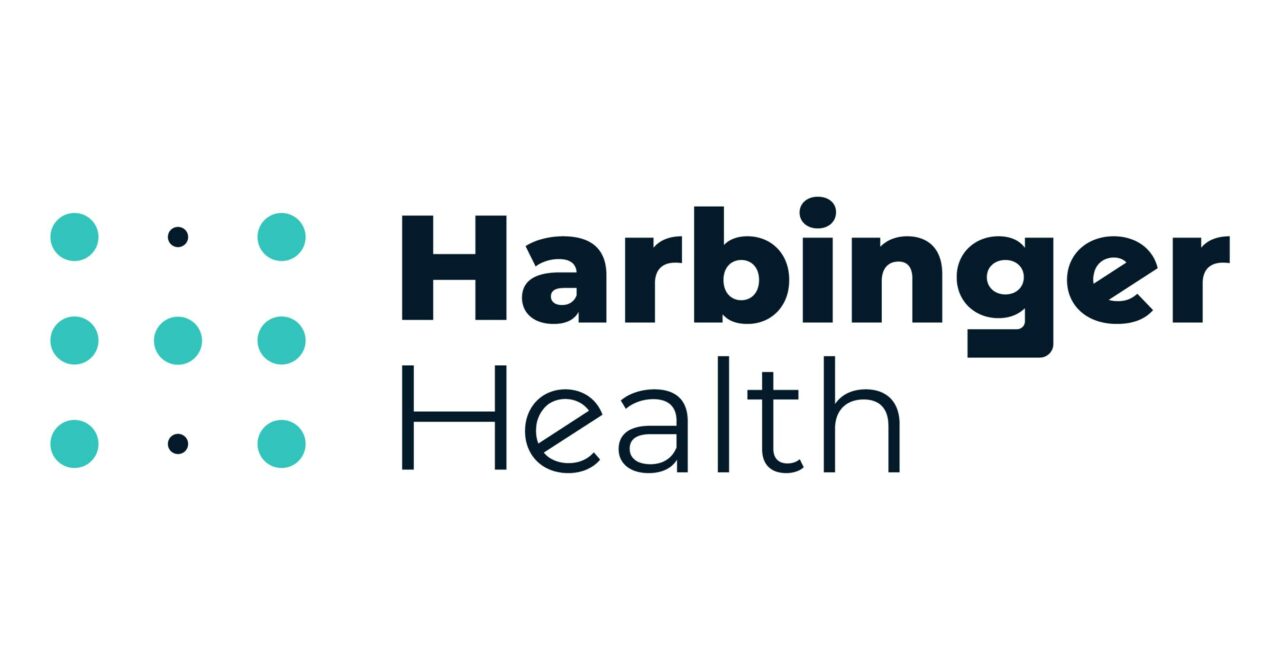Harbinger Health Presented Data Demonstrating Novel Capabilities of its Computational Platform to Enhance Performance and Clinical Informativeness in Blood-Based Early Cancer Detection.
Harbinger Health, a biotechnology company at the forefront of developing innovative technologies to revolutionize cancer screening and detection, has announced the presentation of four important abstracts at leading clinical and scientific conferences focused on cancer research and data science. Three of these abstracts were presented at the American Association for Cancer Research (AACR) Special Conference on Cancer Research: Liquid Biopsy in San Diego, California from November 13-16, 2024. This prestigious conference brings together experts to discuss the latest advances in liquid biopsy technologies, from initial discovery to clinical implementation, which aligns with Harbinger Health’s mission to advance blood-based cancer detection.
In addition to the AACR conference, Harbinger Health also presented another key abstract at the Cold Spring Harbor Laboratory Biological Data Science meeting, held in Cold Spring Harbor, New York, during the same dates. These presentations showcase the company’s groundbreaking work in the development of computational platforms that aim to enhance the performance and clinical relevance of early cancer detection through blood tests. Harbinger’s participation in these high-profile scientific gatherings underscores its commitment to pushing the boundaries of cancer detection and contributing to the broader cancer research community.
Harbinger presented the following abstract at the Cold Spring Harbor Biological Data Science Meeting:
- Harbinger Health has developed a cutting-edge large-scale data simulation platform that isolates tumor signals from cell-free DNA (cfDNA) to significantly enhance the accuracy of tissue of origin (TOO) prediction. This innovative platform addresses key challenges in cfDNA analysis, including limited data availability, the presence of heterogeneous low-signal cfDNA, and technical or biological biases that often confound results. By generating high-fidelity simulated cfDNA datasets, Harbinger is able to create robust machine learning (ML) models that improve the detection and classification of cancer signals from blood samples.A major breakthrough in this technology is its ability to supplement TOO models with curated simulated datasets, resulting in a 10%-point improvement in balanced accuracy across 10 different cancer types. This enhancement is crucial for distinguishing between cancers and predicting their tissue of origin with greater precision. The platform’s key strength lies in its ability to match confounding variables—such as patient age and target coverage—within the training data, improving the reliability and interpretability of the machine learning models. In addition to its applications in cancer detection, the platform is designed to be flexible and adaptable, with the potential to be expanded to other diseases and biofluids, opening the door for broader use in diagnostic and screening applications beyond oncology.
- Harbinger Health has developed a transfer learning method that uses methylation signatures from cancer tissue biopsies to improve tissue of origin (TOO) classification in clinical cfDNA samples. This method addresses challenges like limited cancer type-specific data and technical issues in low-signal cfDNA. By adapting high methylation signals from tissue biopsies to cfDNA, the model achieved 89% balanced accuracy in classifying TOO across 10 cancer types, outperforming models trained on cfDNA alone. This approach has the potential to scale, offering more accurate predictions and the possibility of extending to rarer cancers and further disease sub-stratification.
- Harbinger Health explored the potential of a blood-based liquid biopsy for early detection of triple-negative breast cancer (TNBC), aiming to provide a non-invasive, sensitive alternative to traditional imaging methods. The company identified specific methylation biomarkers that distinguish TNBC and developed a feed-forward neural network classifier to map these biomarkers from cancer tissue biopsies to cfDNA. The platform demonstrated an 84% accuracy in distinguishing TNBC from non-TNBC using a binary classifier on cfDNA samples. These findings highlight the platform’s ability to identify high-risk, aggressive cancers with a simple blood test, offering insights into cancer severity and potentially reducing over-treatment and over-diagnosis.
About Harbinger Health
Harbinger Health is pioneering the future of early cancer detection and revolutionizing the approach to cancer screening, diagnosis, and management. The company is leveraging cutting-edge advances in artificial intelligence (AI) and deep biological insights to identify cancer at its earliest stages—before it is visible through traditional imaging or symptoms appear. Harbinger’s innovative platform focuses on understanding the biological markers of cancer at its inception, aiming to detect cancer before it has the opportunity to progress, spread, or even cause significant harm.
Central to Harbinger’s mission is the development of low-cost, multi-cancer blood tests, designed to detect a wide range of cancers from a single blood sample. This could dramatically reduce the need for invasive procedures, improving patient outcomes through earlier intervention. The company envisions a future where cancer is no longer a life-altering diagnosis but a routine health issue, caught early enough to be treated or even prevented before it becomes life-threatening. This transformative shift in how cancer is approached has the potential to reduce the emotional and financial burden on patients and healthcare systems alike.

Founded by Flagship Pioneering in 2020, Harbinger Health emerged after three years of foundational research within the Labs unit of Flagship’s innovation ecosystem. Since its launch, the company has made significant strides toward developing technologies that could fundamentally change cancer care. By combining powerful AI with a deep understanding of cancer’s biological underpinnings, Harbinger is striving to turn the tide on cancer, moving from the paradigm of treating advanced disease to one of early detection, intervention, and potentially prevention. If successful, Harbinger’s approach could have profound implications for healthcare systems worldwide, reducing costs, improving survival rates, and shifting the way societies view and manage cancer.
About AACR Special Conference in Cancer Research: Liquid Biopsy
AACR Special Conference in Cancer Research: Liquid Biopsy was held from November 13-16 at San Diego. This conference brought together leading experts in liquid biopsy to share the latest advancements in cancer research and clinical applications. It covered a broad range of critical topics, showcasing the potential of liquid biopsy to transform cancer detection, monitoring, and treatment. Key themes included:
For more information, visit oncodaily.com.



